The oil we use for cosmetic purposes is certainly different from the one we use for domestic purposes. Although olive oil is great for moisturizing the skin of the face, for example, or as a great alternative to lip balm.
Before the oil is bottled, which we then apply to the body, it must go through the following processing steps : initially certain substances and natural waxes are removed from the composition, and then it is deodorized and then bleached.
The editors of estet-portal.com will help you understand the abundance of body oils and together we will select the oil that suits your skin type.
What body butter is used for
Oils come in different textures: they can be greasy, sticky, thinner. There are those that are not recommended to be used before going out, as they tend to stain clothes and take a long time to absorb, but modern technologies have achieved that they already produce body oils that also moisturize well without staining clothes and leaving no greasy skin. Indeed, today the best body oils are quickly absorbed, moisturizing even the driest skin and giving it a healthy glow.
What else?
Many of the top rated body oils are versatile and can be used on dry hair or cuticles, and are great for use at the beach (oils with glitter that add radiance to the skin).
Follow our page on Instagram!
What are body oils and how to choose the right one for your skin type
The modern beauty market offers us a million different body oils for every budget. Let's take a look at the most popular types of oils together and what type of skin they are ideal for.
Argan oil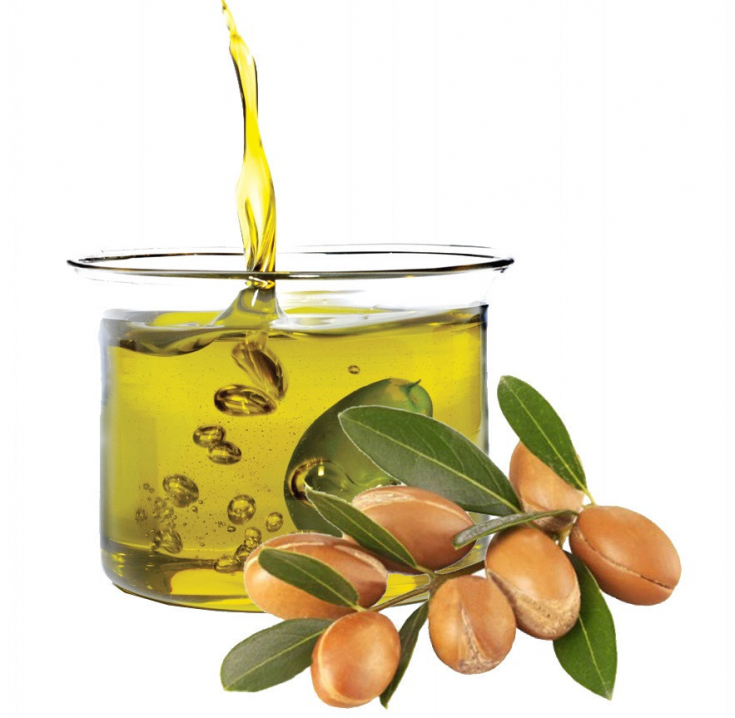
Suitable for: dry skin and dry hair
Extracted from the kernels found in the fruits of the Moroccan argan trees, the oil is high in vitamin E, omega-3 fatty acids and antioxidants. Although it first claimed to be a savior for dry, damaged hair, the oil also works wonders on the face and body. Fatty acids help our skin cells build healthy membranes, reduce inflammation and stimulate healthy collagen production. xxxx>
Avocado Oil
Suitable for: dry,
This oil is rich in vitamin E and omega-3 fatty acids, which help normal cell function and reduce inflammation.
Coconut oil
Suitable for: sensitive skin, eczema, dry hair
The fatty acids in the oil make it beneficial for anyone suffering from eczema. Perfect moisturizer for super dry skin.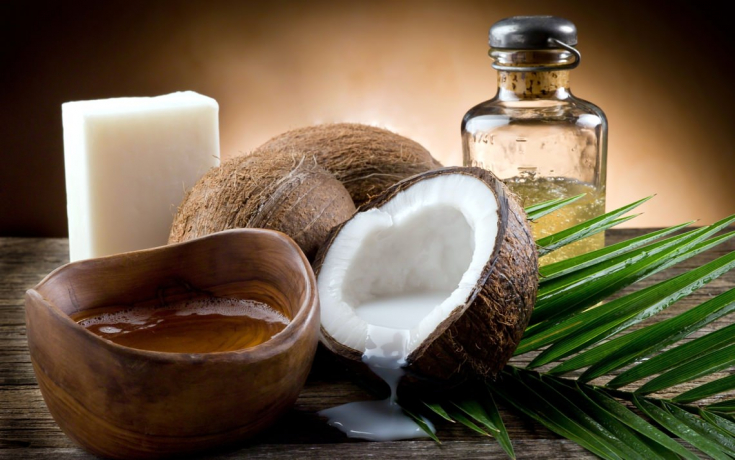
In addition, studies have shown that coconut oil repairs dry hair.
Its structure with 12 carbon fatty acids allows it to penetrate the hair cuticle and provides flexibility and strength.
Flaxseed Oil
Suitable for: irritated, sensitive skin and eczema and dermatitis
Flaxseed oil is loaded with heart-healthy omega-3 and omega-6 fatty acids, important for heart health and complexion. You can mix the seeds in products or use the oil as a moisturizer. It has anti-inflammatory properties, and studies have shown that when taken daily, it can improve skin conditions in the presence of eczema in as little as 3 months. 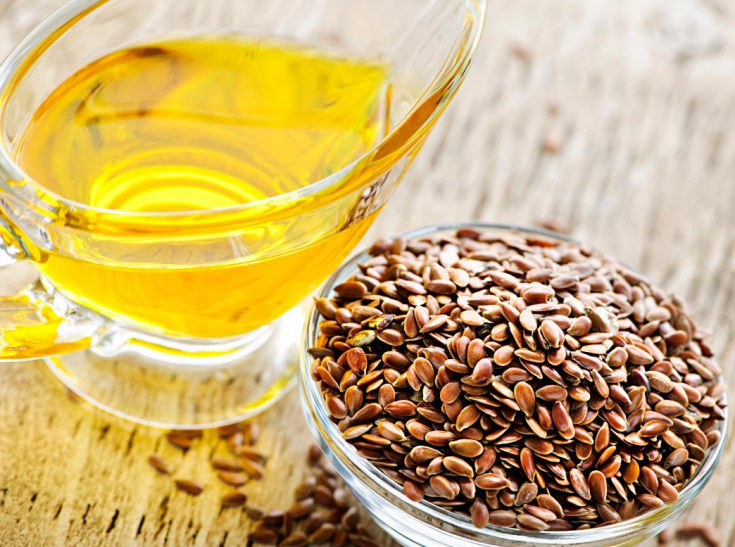
Jojoba Oil
Suitable for: dry skin
Jojoba oil has a chemical structure that is very similar to our skin's natural oils, so it absorbs easily. Dermatologists recommend it because it also contains minerals such as zinc and copper, as well as vitamins B and E, which help firm the skin.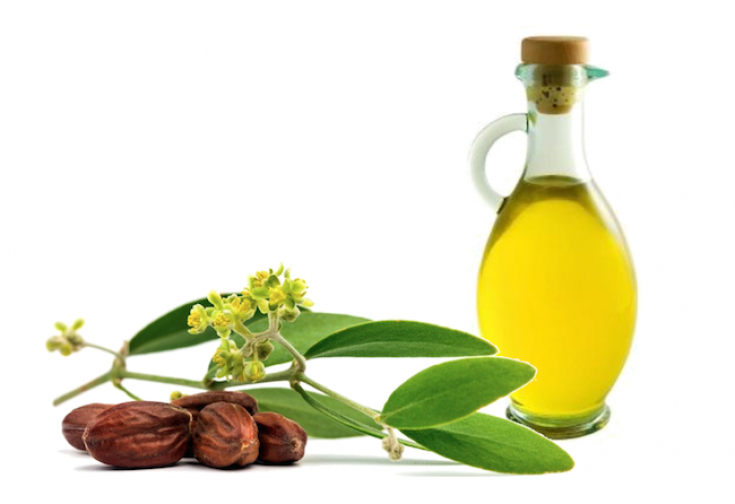
Lavender Oil
Suitable for: acne-prone or irritated skin
 Read also:
Read also:
How to use beauty oils: 5 inexpensive remedies
Suitable for: very dry skin
Olive oil, and especially extra virgin olive oil, is a good all-round natural moisturizer and is recommended for dehydrated skin. It is rich in fatty acids and vitamin E. Like jojoba oil, olive oil is similar to oils produced by our skin and therefore absorbs well into the skin. It is generally non-allergenic, but since it is a heavier oil, those with acne should avoid using it on their face. Research also shows that the antioxidant content of olive oil may help protect against skin cancer.
Rose Hip Seed Oil
Facebook!
Rosehip seed oil, which is extracted from the seeds of the South American rose bush, has no irritating side effects. It contains essential omega-6 fatty acids and vitamins A and C, which improve cellular metabolism. If you use it for a few weeks, you will notice significant changes in areas of the skin where there are blemishes, scars, or any other skin discoloration.
This retinol-like effect and the resulting increase in collagen and elastin production means that aging skin will also benefit from rosehip seed oil. Its high concentration of linoleic acid may also help skin that is prone to breakouts.Suitable for: dry, irritated skin
The oil of this thistle-like flower contains linoleic acid, or an omega-6 fatty acid, which helps your skin produce ceramides, a type of lipid that helps skin retain water and prevent dehydration. This is the best of all oils for inflamed, dry skin - with the exception of argan oil, but safflower oil is much cheaper. You can also use safflower oil to prevent dry skin, especially if your diet is low in fat. Vegetarians and those on a diet low in fat or cholesterol are more likely to have dry skin, but adding safflower oil to your food may help.
Tea Tree Oil
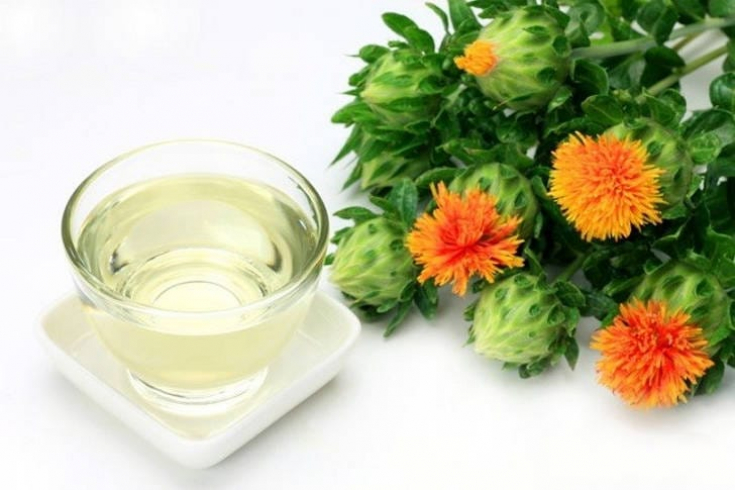
Tea Tree Oil − an essential oil obtained from the leaves of the Australian tree Melaleuca alternifolia. It is found in many natural acne treatments and helps kill bacteria in the pores and hair follicles that lead to blemishes. For best results, use it in combination with alpha and beta hydroxy acid rinses. This will help get rid of dead skin cells to prevent clogged pores. Although it is a natural substance, tea tree oil can be irritating so be sure to test it on a small area of your skin before using it.
Read also:
Snow-white skin - dream or reality: methods of dealing with hyperpigmentation
Life hack: how to get rid of cellulite with coconut oil
 Coconut oil
Coconut oil
Spend 10-15 minutes of your time a day massaging problem areas with the brush. The most optimal time for dry brushing is before water procedures, when the skin is completely dry. And in the shower you will already wash off the exfoliated particles. Then apply coconut oil to your skin to soften it. Use body oil and you will be happy
From the above, we can conclude that body oils: nourish the skin, moisturize, soothe, treat skin diseases, smooth wrinkles, normalize the activity of the sebaceous glands and have bactericidal properties
The best time to apply oil to the skin – immediately after a shower and always before you use a towel. If suddenly you have a feeling of stickiness, after a couple of minutes you can sprinkle your skin with a little water.








Add a comment